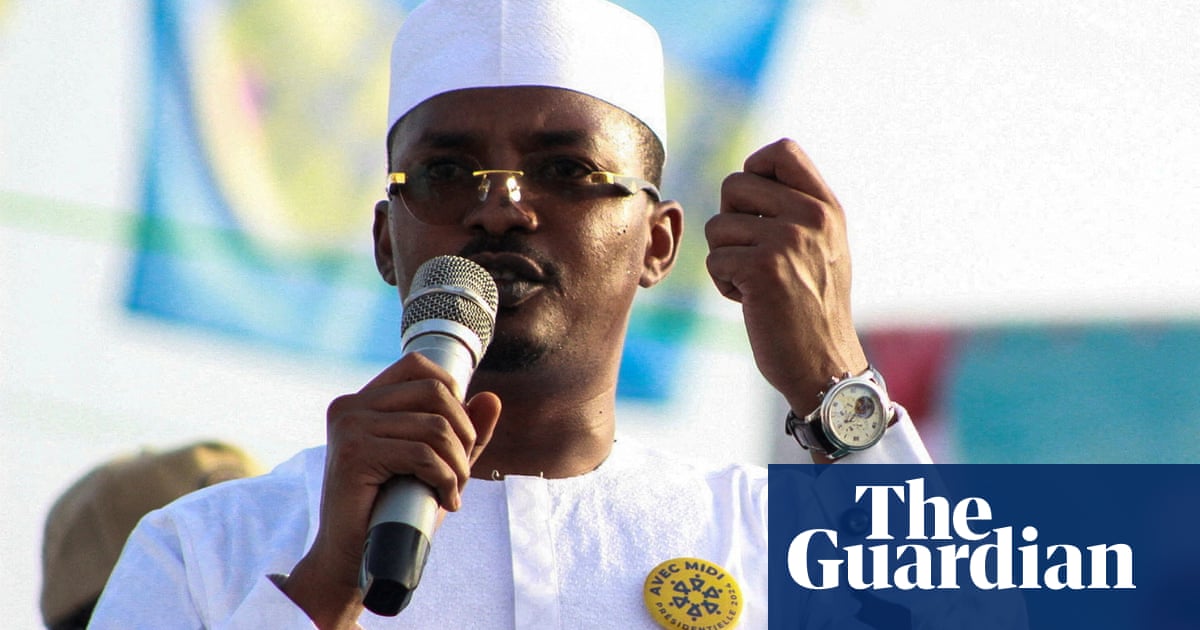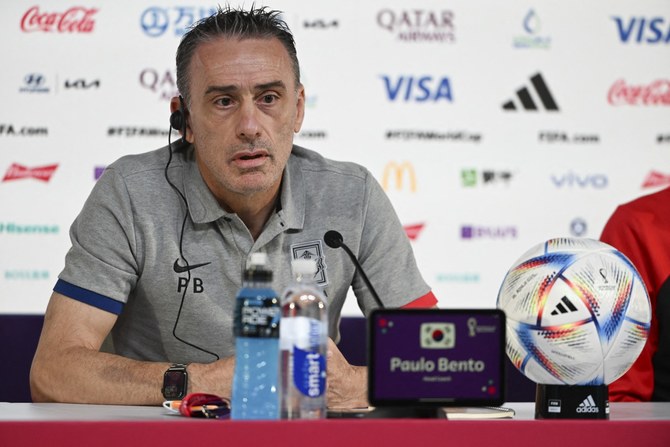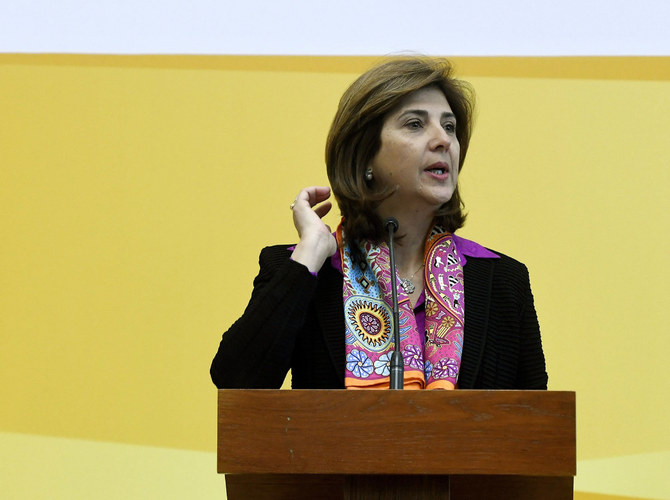
Watching the historic moment last week, when South Korea’s President Moon Jae-in and his North Korean counterpart Kim Jong Un shook hands and, hand-in-hand, stepped over the military demarcation line, many rubbed their eyes in astonishment.
But there was also hope. After all, this line has separated the two countries since the end of fighting in the Korean War in 1953 and, until very recently, the mood in Seoul, East Asia and far away in Washington has been of a looming renewal of the conflict between North and South Korea. Considering the rhetoric from Pyongyang, its enigmatic leader and its nuclear capability, along with the provocative language coming from US President Donald Trump, war was very much on the cards.
There was much symbolism in the meeting between the two Korean leaders on the dividing line, when they stepped into each other’s country before proceeding to the South for serious negotiations. As far as the politics of gesture is concerned, the body language, the smiles and the language was of two leaders not only willing, but desperate to ease tensions, each aware that the alternative could be cataclysmic.
The very fact that the two leaders met and were determined to create a positive atmosphere was remarkable, the more so because this meeting was the first time a North Korean leader had set foot in the South since the 1953 cease-fire. That 65-year-old cease-fire has often been on the brink of collapse, no more so than in the last few months. Nevertheless, it was the joint statement following the summit in the border village of Panmunjom that made the occasion a potential watershed in relations between the two countries. Admittedly, knowing the North’s history of agreement violations, it is difficult not to remain somewhat skeptical about any new dawn that may have broken over the Korean Peninsula, and wonder whether this has been merely another attempt by Pyongyang to bide its time on its journey to becoming a fully-fledged nuclear power.
Yet there are signs that Kim is now emerging from the shadows of his hard-line father Kim Jong Il and has rather suddenly altered course from warmongering to a more diplomatically calculated reconciliation. Earlier talks in 1991 and in the previous decade produced agreements that aimed to avoid escalation, largely end the decades of hostility, and normalize relations between the two Koreas. Hence they concentrated on military dialogue that would prevent a miscalculated outbreak of war, on coordinated economic cooperation and on limited confidence-building measures. However, the lack of trust still ran deep and, combined with the colliding interests of Seoul and Pyongyang, dictated that the relationship between the two would remain hostile.
Kim Jong Un may be an unpleasant dictator but, when it comes to averting war, he is someone the world can work with.
Yossi Mekelberg
The Panmunjom Declaration that concluded last week’s summit is a breakthrough, at least in its language and expressed intentions. In the immediate term, its most important aspect, which was accompanied by a global sigh of relief, is both countries’ confirmation of “the common goal of realizing, through complete denuclearization, a nuclear-free Korean Peninsula.” The very fact that, in a rare move, this development was announced on state-run North Korean TV and the official KCNA news agency gives a good indication that the regime is serious about avoiding a nuclear confrontation.
This move will also facilitate a much more relaxed meeting later this month between Trump and Kim. No doubt the American president will claim that his tough stand and his brinkmanship diplomacy with North Korea, including Mike Pompeo’s secret mission to meet the country’s leadership, persuaded Kim to take a more pragmatic approach. Even if there is a grain of truth in this, it is America’s united front with China on the issue that has emerged in the last few weeks that might have had the biggest impact. The real test of the nuclear issue is whether North Korea will eventually agree to a “complete, verifiable and irreversible” denuclearization, as was already agreed between China and the US last year.
However, the Panmunjom Declaration went further than the nuclear issue. It set unprecedented objectives, including recognizing the “blood relations,” and hence advancing co-prosperity, reconciliation and eventually unification. For all those on either side of the demilitarized zone, the agreement to cease all hostile acts against each other, reduce armaments, turn the DMZ itself into a “peace zone,” cease broadcasting propaganda slurs at each other, and allow family reunions comes as a great reprieve, and suggests a safer and better future.
Credit must be given to Kim for wrong-footing almost everyone who was waiting for hell to break loose and instead, in a single stroke, commit himself to granting the Korean people’s wishes.
But is he playing mind games with his interlocutors? Or have we underestimated him because of our own shortcomings, and he is actually a much more astute politician, one who understands statesmanship and brinkmanship? Is what happened last Friday in the small village of Panmunjom a victory for diplomacy or a coercive diplomacy that has forced Kim to climb down from his nuclear threats to ensure his own survival? There is much truth in all of the above.
Kim, unpleasant dictator though he may be, like all politicians is dependent on manipulation and the threat of force. It would be a long shot indeed to think he would ever agree to unification and consequentially relinquish power, as he would not survive to see the day. However, China and the US have demonstrated some level of cooperation to make him understand the likely consequences should he continue to develop a nuclear capability and threaten to use it. His reaction makes him more of a rational actor in foreign affairs than many were ready to admit. It doesn’t change the fact that he is a ruthless autocrat who violates the basic human rights of his own people, and no choreographed photo opportunity, albeit with a touch of spontaneity, can change this. However, when it comes to averting war, he is someone that the international community can do business with.
Yossi Mekelberg is professor of international relations at Regent’s University London, where he is head of the International Relations and Social Sciences Program. He is also an associate fellow of the MENA Program at Chatham House. He is a regular contributor to the international written and electronic media. Twitter: @YMekelberg











